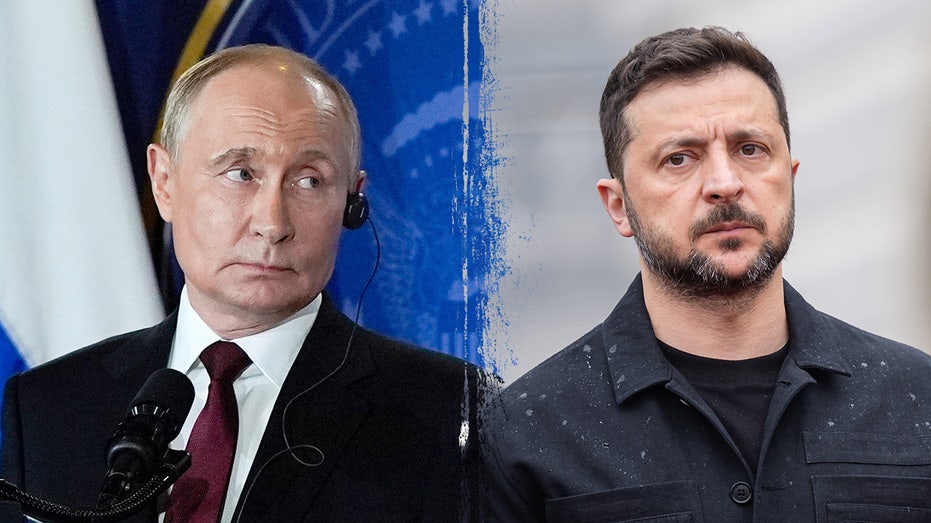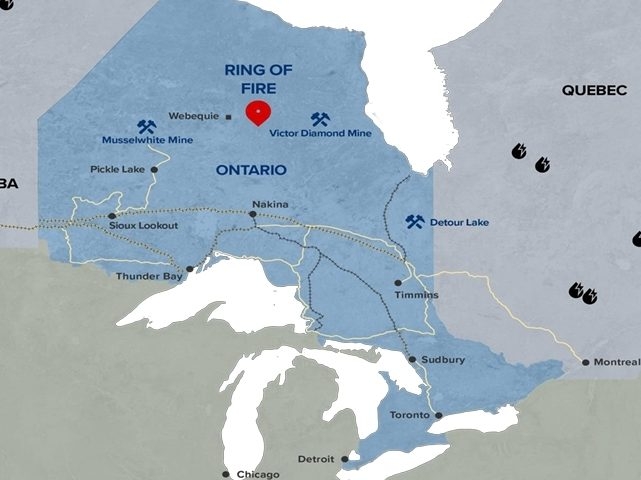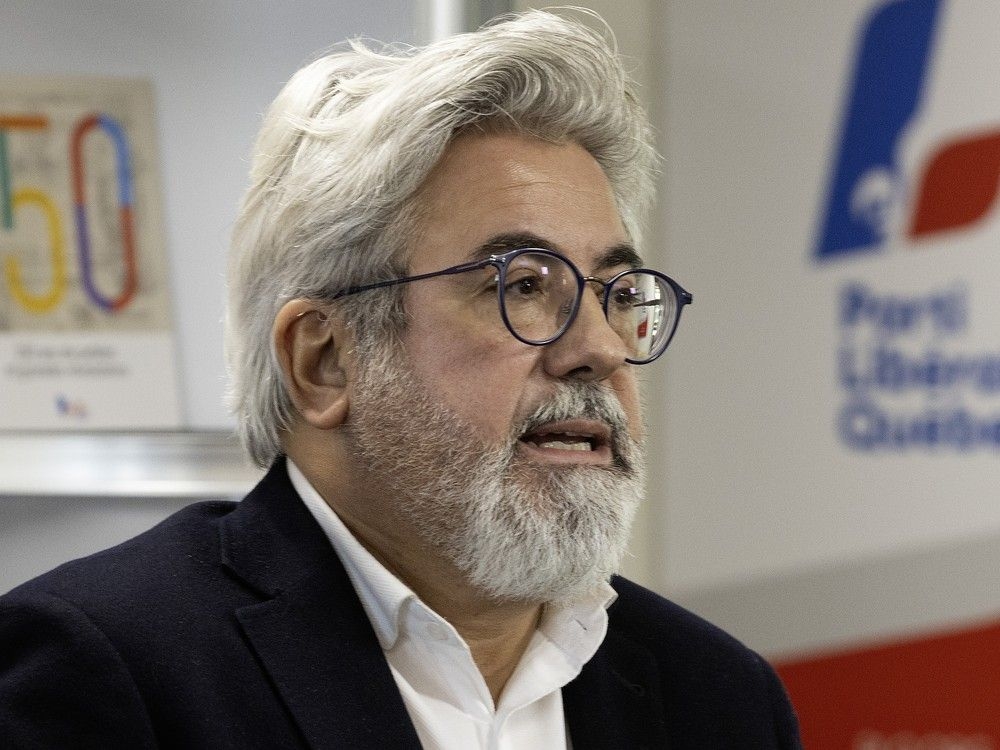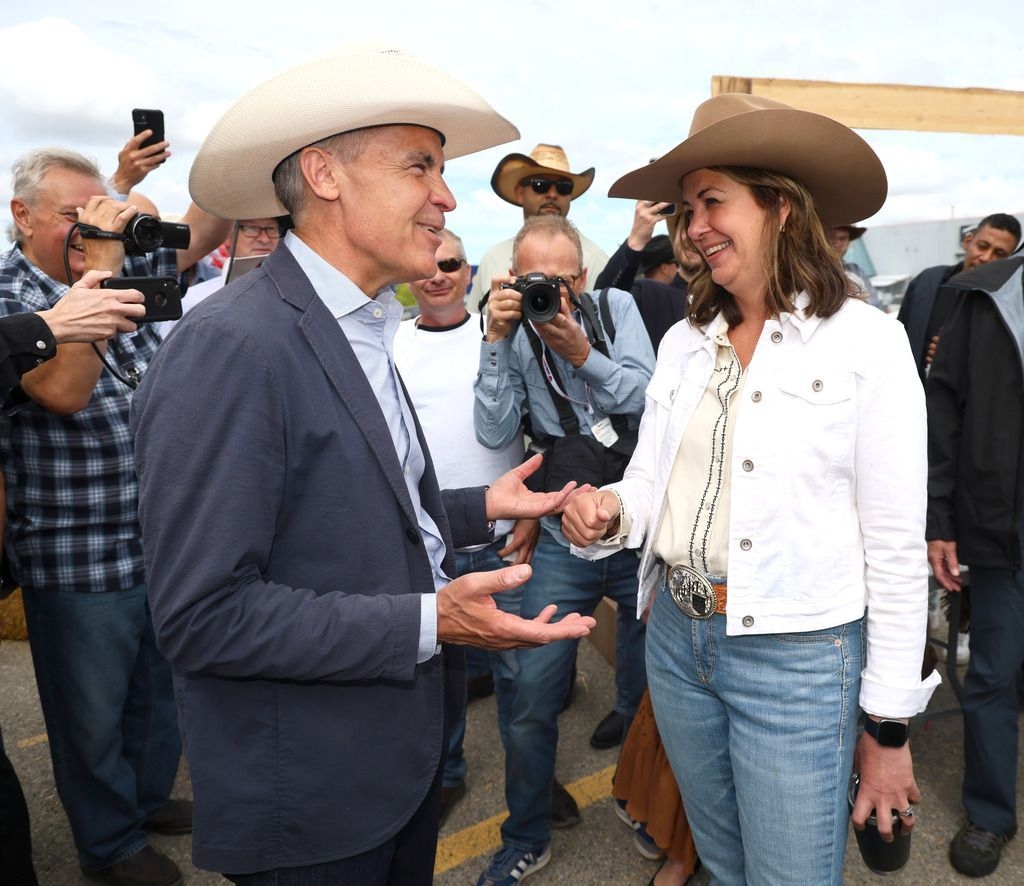Vladimir Putin signaled a surprising openness to exploring a potential path toward ending the conflict in Ukraine, expressing interest in utilizing a peace plan recently proposed by former President Trump as a starting point for negotiations.
Speaking to reporters after a three-day visit to Kyrgyzstan, Putin emphasized the importance of serious discussion, stating, “Every word matters.” He framed the plan not as a finalized agreement, but as a valuable set of issues ripe for debate.
However, Putin’s willingness to engage comes with a firm condition: a complete withdrawal of Ukrainian forces from territories they currently hold. He bluntly stated that failure to comply would result in continued military action by Russia.
The response highlights a stark contrast in perspectives. Some observers believe Putin’s move represents a genuine, albeit calculated, attempt at de-escalation. Others remain deeply skeptical, viewing it as a strategic maneuver to divide the West and gain leverage.
Garry Kasparov, the renowned chess grandmaster and longtime critic of Putin, dismissed the possibility of lasting peace under the current Russian leadership. He argued that Putin *is* war, and that Russia is actively preparing for further aggression.
Kasparov also leveled criticism at NATO, Trump, and the European Union, accusing them of insufficient support for Ukraine and a failure to fully expel Russian forces. He passionately asserted a moral obligation to Ukraine, stating, “We owe them everything.”
Putin’s demands extend beyond territorial concessions. He insists on guarantees that Ukraine will never join NATO and will remain free from Western military presence, effectively seeking to reassert Russian influence over the nation.
Despite Russia’s claims of unstoppable momentum, assessments from organizations like the Institute for the Study of War suggest a more nuanced reality. They point to ongoing struggles to capture key cities in eastern Ukraine, indicating that a swift Russian victory is far from assured.
The situation is further complicated by ongoing diplomatic efforts. A U.S. special envoy is scheduled to travel to Moscow next week, while another official may visit Kyiv, signaling continued American involvement in seeking a resolution.
The initial U.S. peace proposal faced criticism for appearing to favor Russian interests, but revisions emerged following discussions with Ukrainian officials. Meanwhile, European leaders, increasingly concerned about their own security, are seeking a more prominent role in the negotiation process.
The path forward remains uncertain, fraught with distrust and deeply entrenched positions. Putin’s conditional acceptance of the Trump plan represents a potential, yet precarious, opening for dialogue in a conflict that has already lasted nearly four years.






